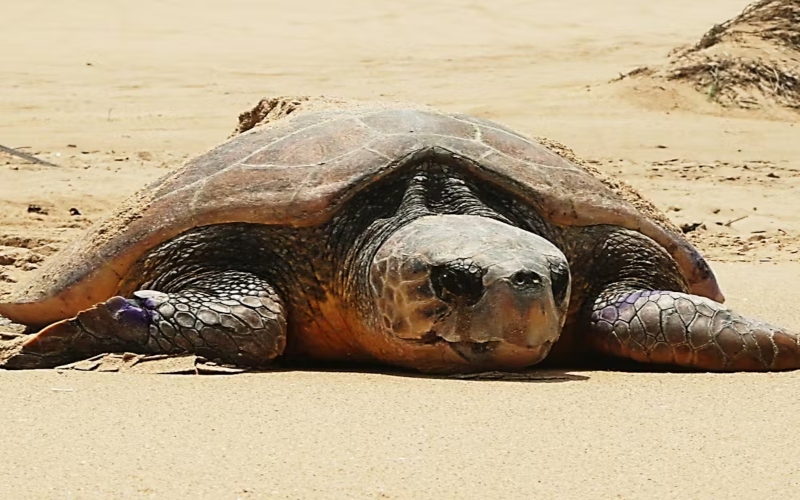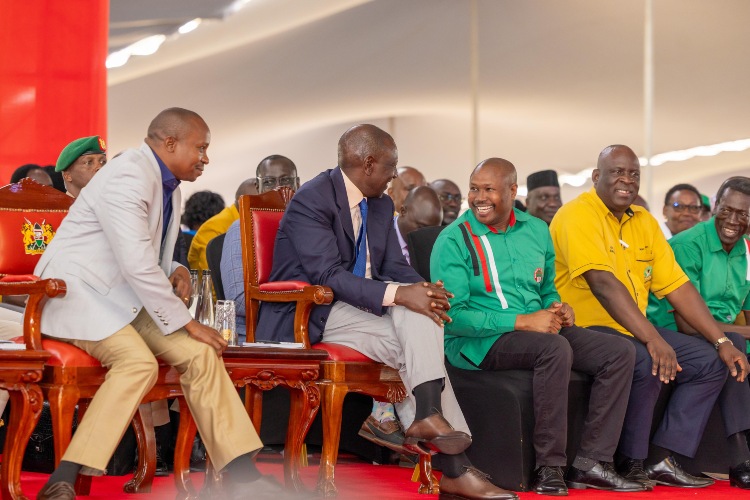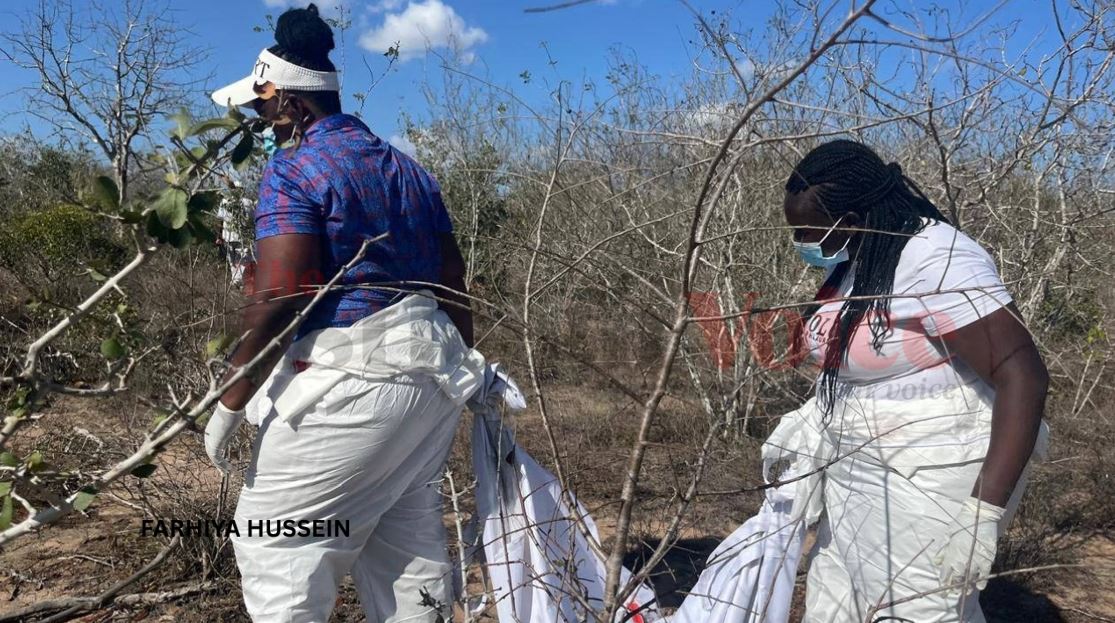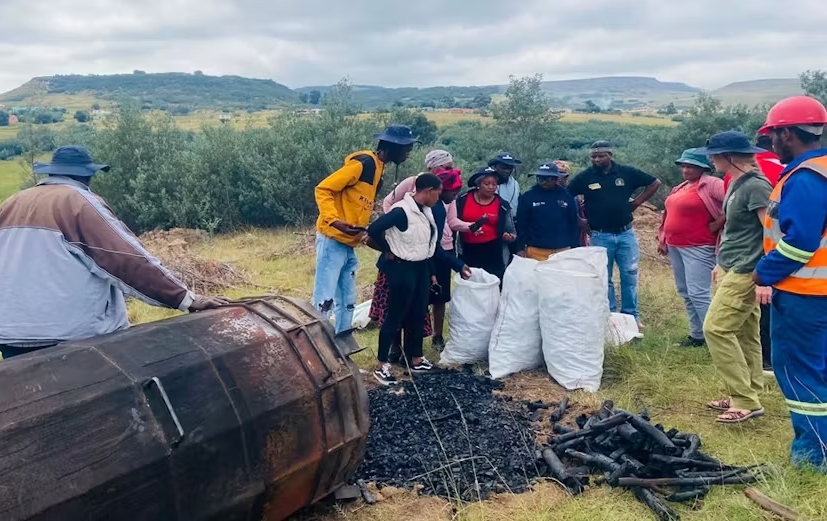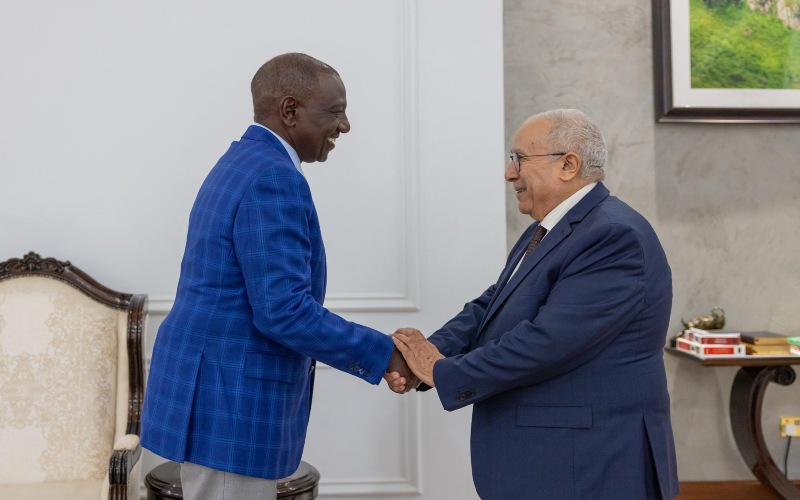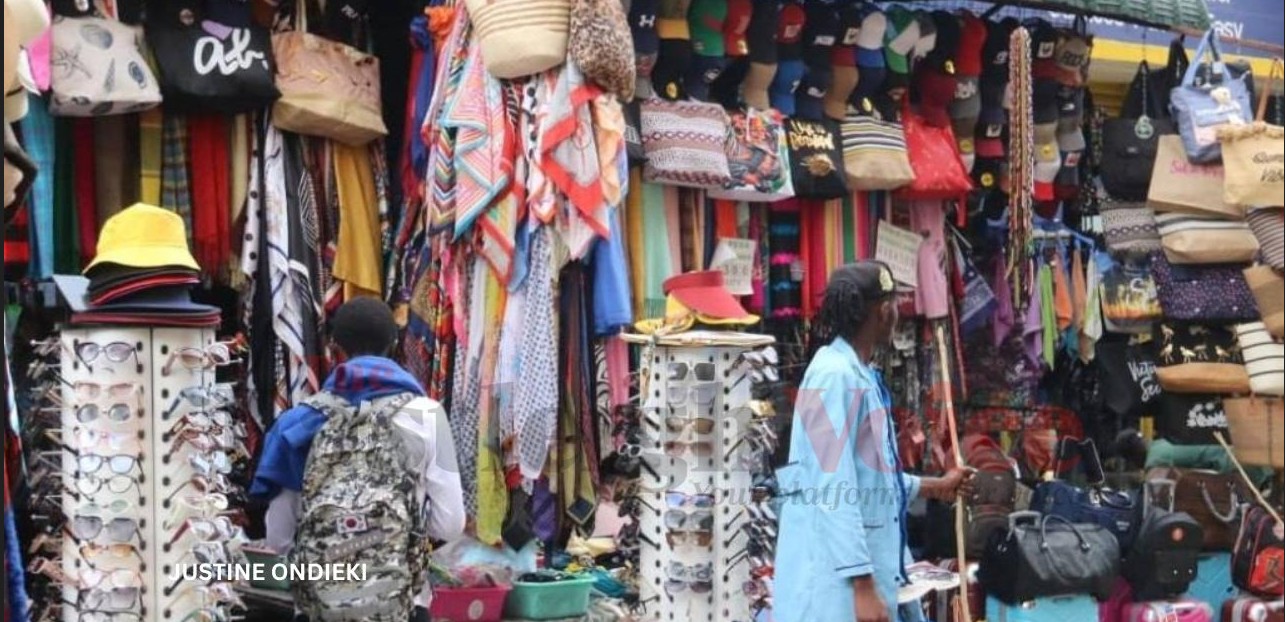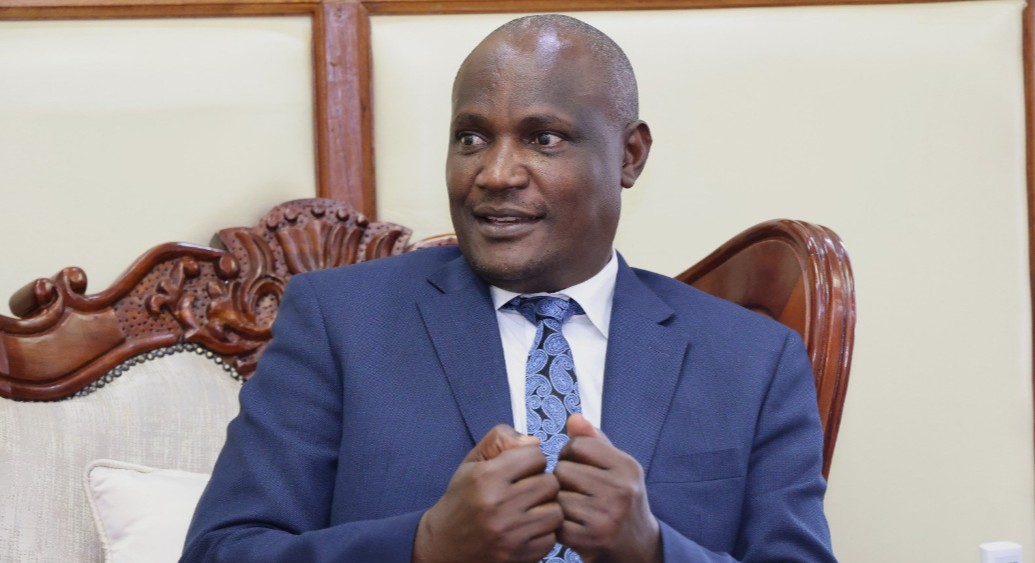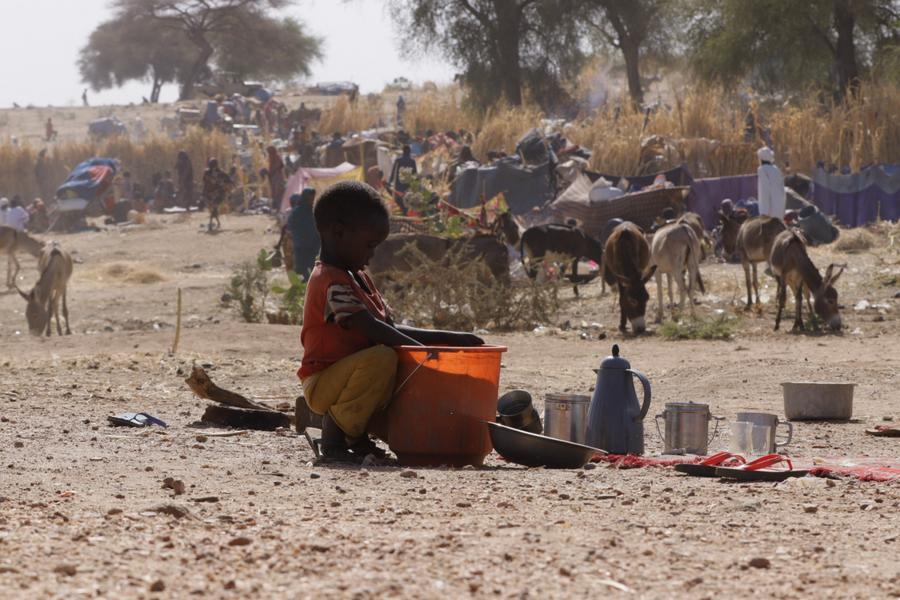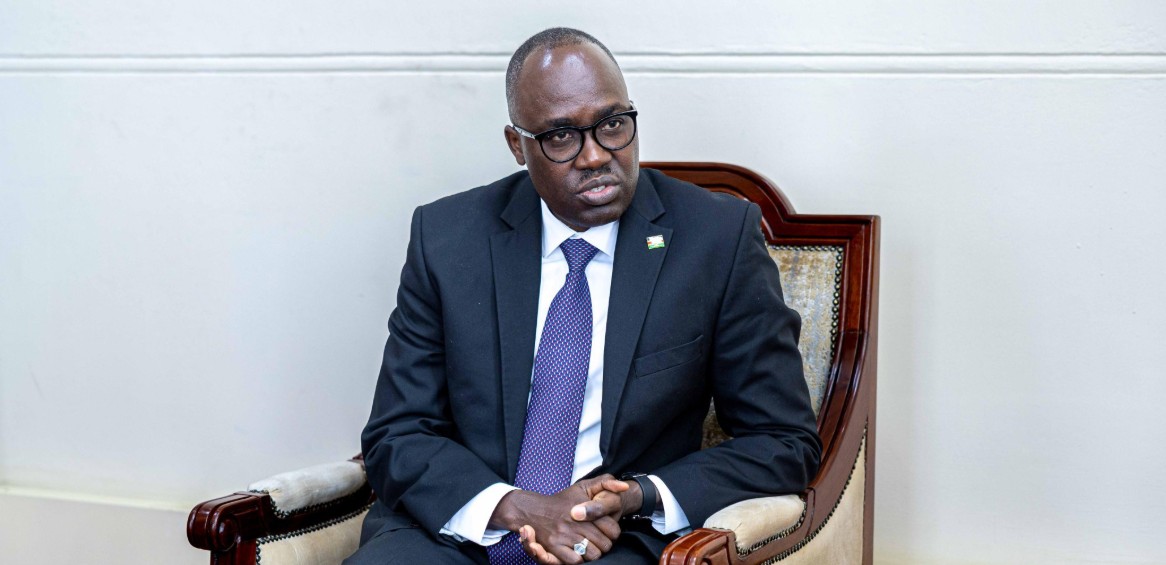New investigative branch of mining police unit launched to curb illegal exploration of minerals in Kenya
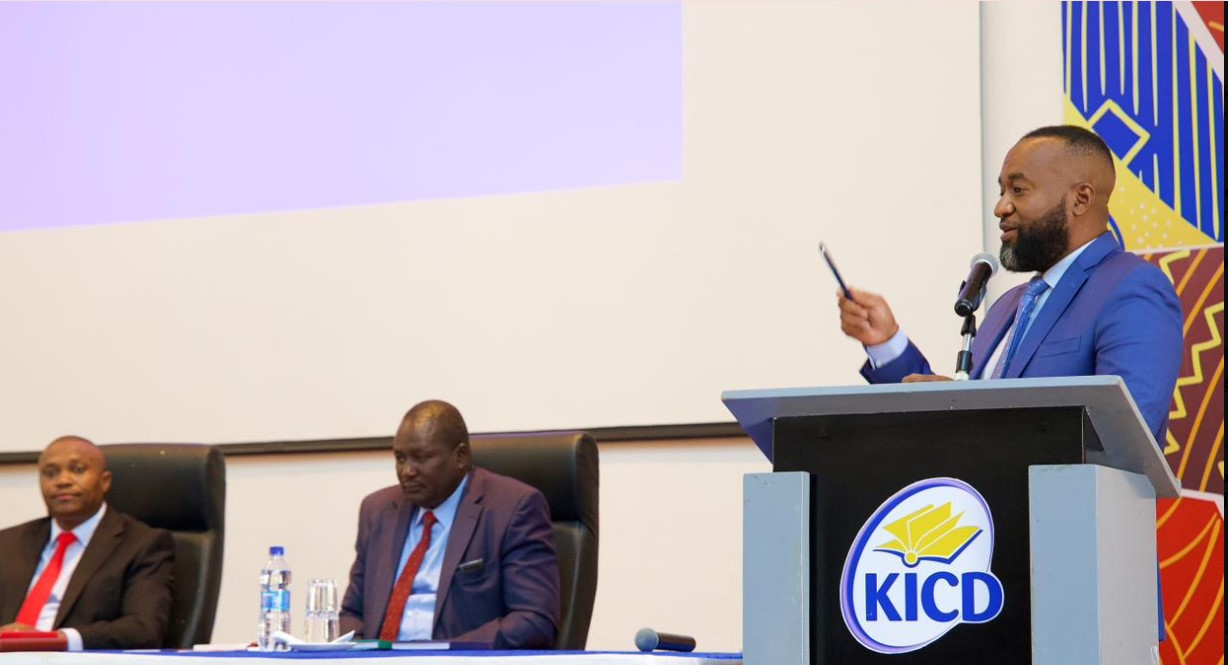
Joho termed illegal mining as a serious crime, equating it to robbery with violence, and emphasised the importance of protecting mineral resources for future generations.
The Ministry of Mining, Blue Economy, and Maritime Affairs has unveiled an investigative branch within the Mining Police Unit under the ministry to curb illegal exploration and mining of minerals across Kenya.
Mining Cabinet Secretary Hassan Joho announced the initiative on Wednesday, introducing Fatuma Ali, the former Kilimani DCIO, as the head of the unit.
More To Read
- CS Hassan Joho blames conflicting advisories for delay in appointing fisheries boss
- Senators demand answers over Sh7 billion mineral survey as report remains unpublished
- Newly established National Government Administration Police Unit begins operations under command of Charles Mutuma
- Bandari Maritime Academy students protest over fees and training challenges
- Take voter registration seriously, Coast, North Eastern leaders tell Kenyans
- Police launch investigation into suspected copper smuggling at Mombasa port
Joho termed illegal mining as a serious crime, equating it to robbery with violence, and emphasised the importance of protecting mineral resources for future generations.
He assured players in the sector of the ministry’s support, provided they adhere to the law while warning that anyone involved in illegal activities would face severe consequences, both within Kenya and abroad.
“When minerals are stolen, they are gone for good. I want to ensure that we have teams in place to ensure the law is followed. I also want to assure players in the industry that the ministry is here to offer support as long as you do the right thing,” he said.
He called on mining firms to engage with local communities, pay rightful dues, and collaborate with county governments to ensure royalties are remitted.
Fair licensing
Joho also promised fair licensing for compliant operators, stressing the need for ethical practices in the industry.
“If you do that, you get a proper license and we will support you to grow. But if you think you are too smart and want to steal our minerals, we will arrest you on the ground and if not, we will pursue you wherever you go,” he said.
“If you gain from illegal resources here, and move to other countries, we will pursue you there.”
Last year, Joho disclosed that Kenya loses billions of shillings annually due to illegal mining, with foreign miners being the main culprits.
He noted that these miners extract minerals, often disguised as sand, and export them without fully disclosing the variety of minerals involved.
The CS pointed out that 95 per cent of mining operations in the country are illegal, and the ores being mined typically contain multiple minerals.
“These miners export these ores in the form of sand, conduct analysis abroad, and pay royalties only for a single mineral, even though they are extracting a variety,” Joho said.
Increased funding
Speaking in Mombasa after meeting with the National Assembly Departmental Committee on Environment, Forestry, and Mining, Joho stressed the need for enhanced enforcement measures, including more officers on the ground and increased funding.
To address this, the government deployed a specialised police unit last year to tackle illegal mining operations.
The Mining Police Unit operates under the Inspectorate of Mines and is mandated to enforce compliance by targeting miners, prospectors, and dealers who flout industry regulations.
Violations under the Mining Act 2016 attract penalties of up to Sh10 million, two years imprisonment, or both.
Joho had also called for the establishment of modern laboratories to ensure thorough analysis of exported minerals, which would reveal their true value.
These labs, Joho added, would also help in adding value to the minerals, generating higher revenue for the country.
“New, modern labs are necessary because minerals extracted from the earth are often a mixture of various minerals,” he said.
Top Stories Today

